Here’s what we can learn from John Keats’s time in quarantine
Before his tragic death at 25, the revered poet captured his time in self-imposed lockdown off the coast of Naples in poignant detail. Frances Mayes explores
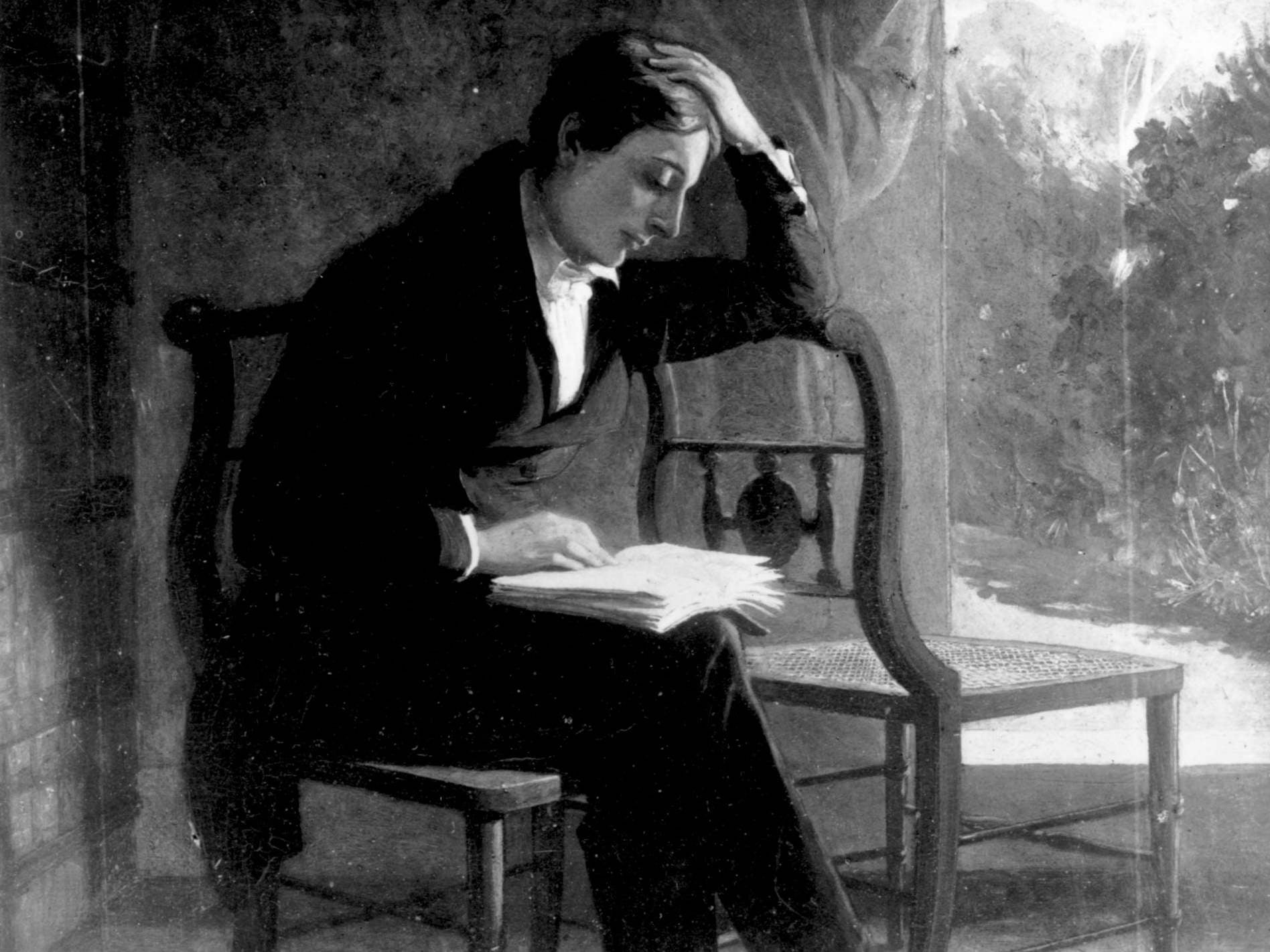
Your support helps us to tell the story
From reproductive rights to climate change to Big Tech, The Independent is on the ground when the story is developing. Whether it's investigating the financials of Elon Musk's pro-Trump PAC or producing our latest documentary, 'The A Word', which shines a light on the American women fighting for reproductive rights, we know how important it is to parse out the facts from the messaging.
At such a critical moment in US history, we need reporters on the ground. Your donation allows us to keep sending journalists to speak to both sides of the story.
The Independent is trusted by Americans across the entire political spectrum. And unlike many other quality news outlets, we choose not to lock Americans out of our reporting and analysis with paywalls. We believe quality journalism should be available to everyone, paid for by those who can afford it.
Your support makes all the difference.In October 1820, typhus raged in Naples, Italy. With his artist friend Joseph Severn, British poet John Keats docked in the city’s harbour for 10 days, not nearly the quaranta giorni – 40 days – that give us our word “quarantine”. Before this journey, Keats always felt intense melancholy. In “On Seeing the Elgin Marbles for the First Time”, he wrote, “mortality/Weighs heavily on me like unwilling sleep”. (And in the smooth pentameter of “Ode to a Nightingale”: “I have been half in love with easeful death.”)
Not a holiday, this voyage out of England was a desperate trip to the sunny climate of Italy. His cough had grown steadily worse. Since the morning that he had seen a splotch of blood on his pillow, he knew he had little chance of surviving the consumption that had invaded his lungs. His last-ditch attempt: go to Rome. Meanwhile, exile at sea.
I have seen Naples from his vantage of a ship anchored offshore – one of the most sublime locations in the world, that sweep of coast stacked with apricot, carmine, azure and rose villas; the blue, blue U of the harbour; the emphatic Vesuvius anchoring the view. See Naples and die, indeed. But sublime as it is, under our current “shelter in place” order, I went a bit stir crazy in under a week; 10 days of enforced idleness could seem like a year.
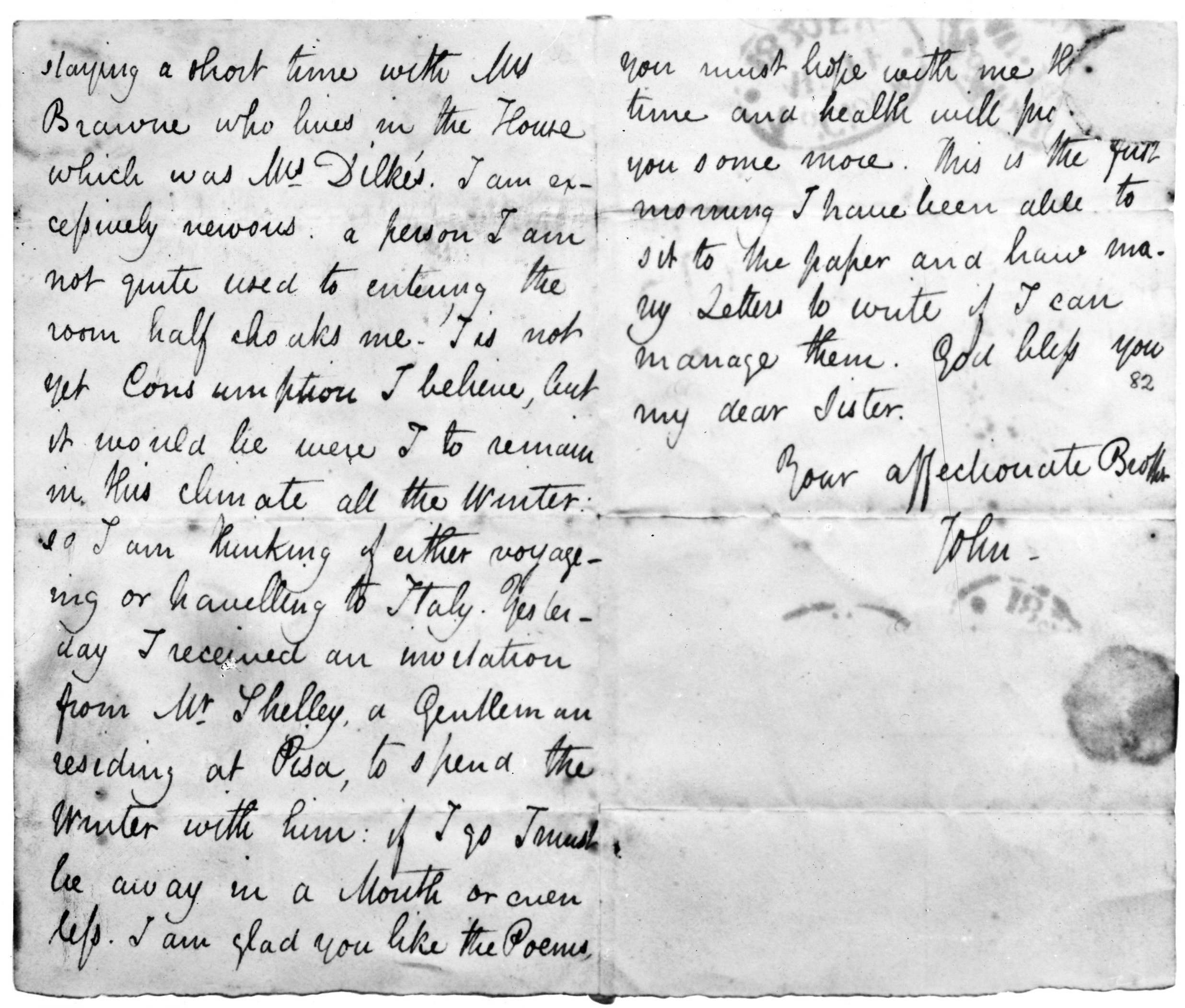
I imagine his future biographers are grateful because Keats took the blank days to write a brief memoir of his not-at-all-poetic upbringing, with almost everyone he loved dying throughout his childhood, instability, poverty, and constant fights with bullies who teased him for his “lack of inches”. After this tough and tragic early youth, he apprenticed at 14 to a doctor for medical training, a hideous experience, followed by other gruesome training years at Guy’s Hospital. Along the way, he fell in love with poetry and spent all his spare time studying. He clawed his way into a literary life and only wanted his name to be “among the English poets”. That it is.
His brief period of quarantine fascinates me. Keats, almost 25, had only four months to live and felt himself “insubstantial, as though my whole existence is already posthumous”. He invented puns; he read Byron. He was annoyed by a female passenger, a fellow consumptive. Then he set down the events of his life in order to make sense of it. The document is a painful read. He had, of course, no way to know that, to far-distant readers like me, his life story would be triumphant, too.
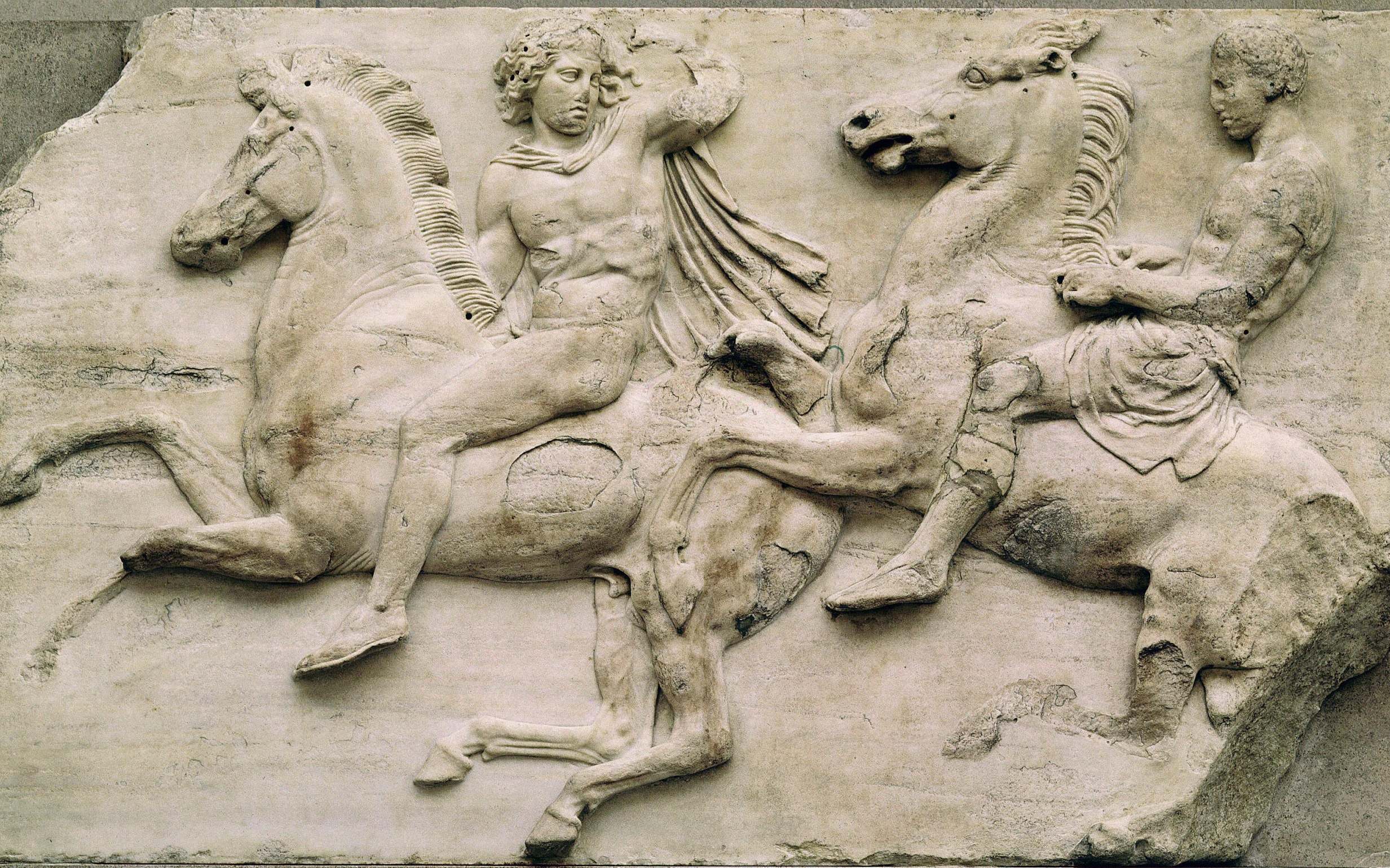
Only one quarantine letter survived, to Mrs Brawn, the mother of Fanny, the young woman he loved and would never see again. “O what an account I could give you of the Bay of Naples if I could once more feel myself a citizen of this world,” he wrote, “give my love to Fanny and tell her, if I were well there is enough in this Port of Naples to fill a quire of paper – but it looks like a dream.”
A quire of paper. Four large sheets of parchment folded to create 24 pages. Imagine that he had covered them with descriptions of the so-near-so-far city on the shimmering water. Italy. A moon wobbling up, casting silver glints on the domes, the far-off bells resonating out to sea, warm humid air to breathe deeply. I see him leaning on the rail. All the lines like “half in love with easeful death” forgotten. In quarantine, he faced a full stop. He found a raging desire to live. He left behind the young man full of verve and romanticism, who courted melancholy in his poems. Now, here’s this sublime bay. No energy for a quire of paper to be scrawled across.
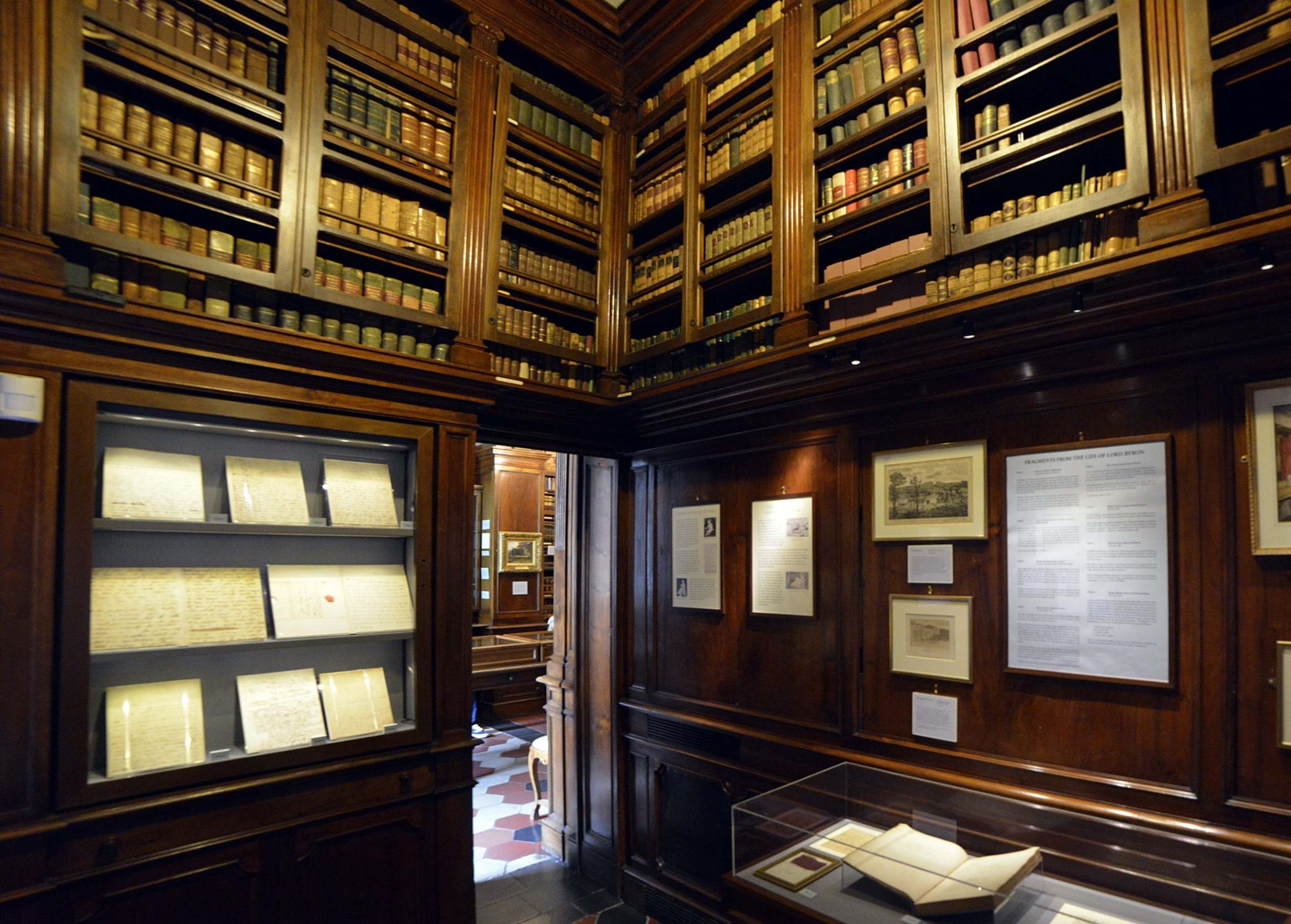
In a letter written shortly after he disembarked from the Maria Crowther, his panic strikes out like a bird caught in a room. He cannot imagine he won’t see Fanny again. “I am afraid to write to her – to receive a letter from her – to see her handwriting would break my heart – even to hear of her anyhow, to see her name written would be more than I can bear.”
Across the 200 years, the anguish still vibrates. If he’d recovered, I wonder if his poetry would have changed.
Our sixth day grounded I spent with Keats. “Much have I travelled in the realms of gold,” he wrote. Me too. In college I thought “gold” meant dreams, but I found out that the gold referred to the gilt on the sides of books. My Keats volumes aren’t goldbound; they’re yellowed and embarrassingly underlined. My cat crawls on the sofa, and I try out various immortal lines on him, but he stares out the window, not caring that we’re in the grips of a virus that is swooping around the world as a biblical swarm, lighting capriciously where it will, like the bacillus that landed, latched and bloomed in the poet’s lungs. We don’t know if we’re inside for 10 days or the full quarantine, or longer. Full stop. Will Vesuvius blow? We don’t know much.
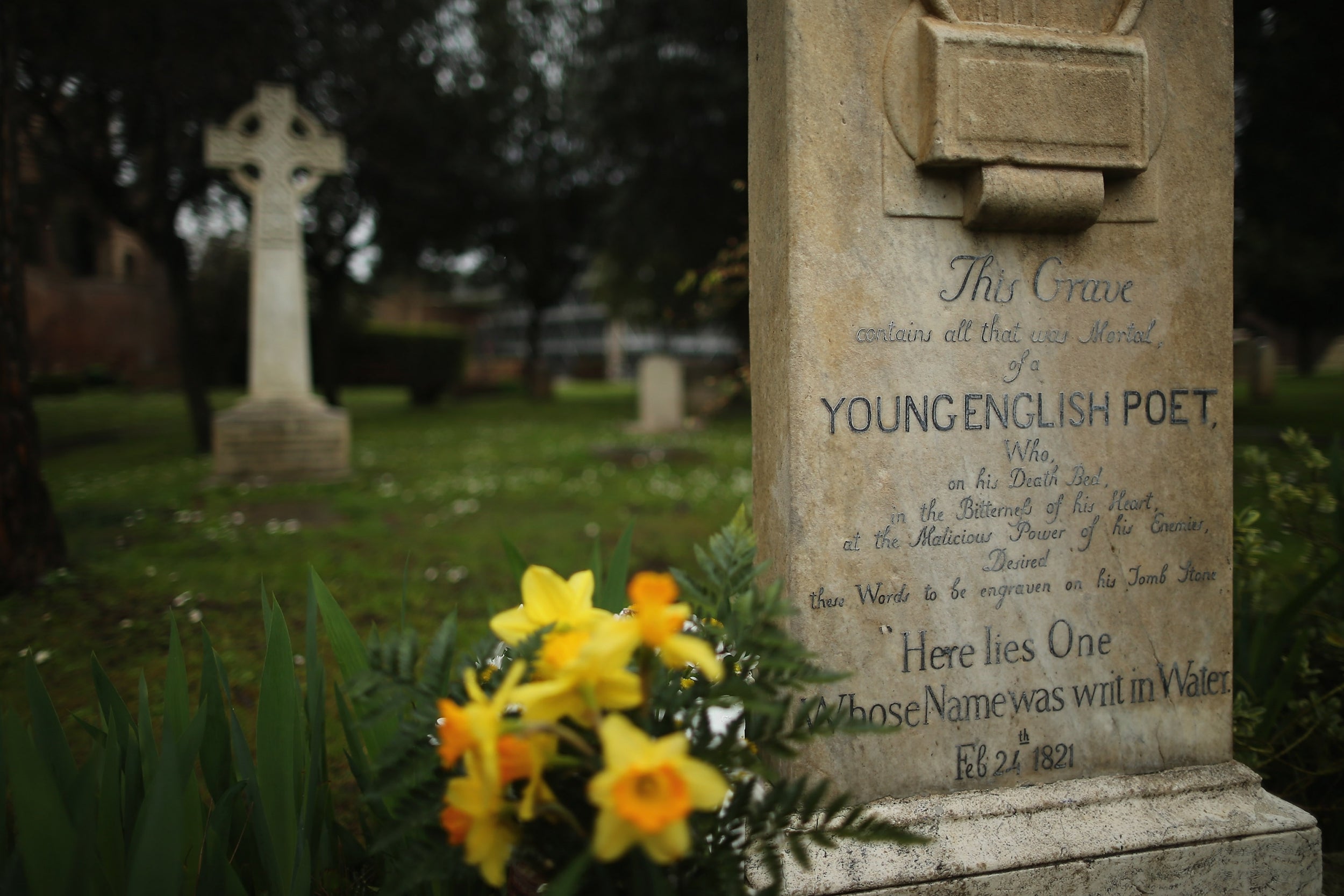
Which brings me back to Keats. He aspired to what he called negative capability, when one is “capable of being in uncertainties, mysteries, doubts, without any irritable reaching after facts and reasons”. At the end of this day, that’s my takeaway. Facts and reasons can change. Capable, a strong word. Being, an active presence. Uncertainty, a liquid state where you float, swim and take in the view.
The New York Times
Join our commenting forum
Join thought-provoking conversations, follow other Independent readers and see their replies
Comments